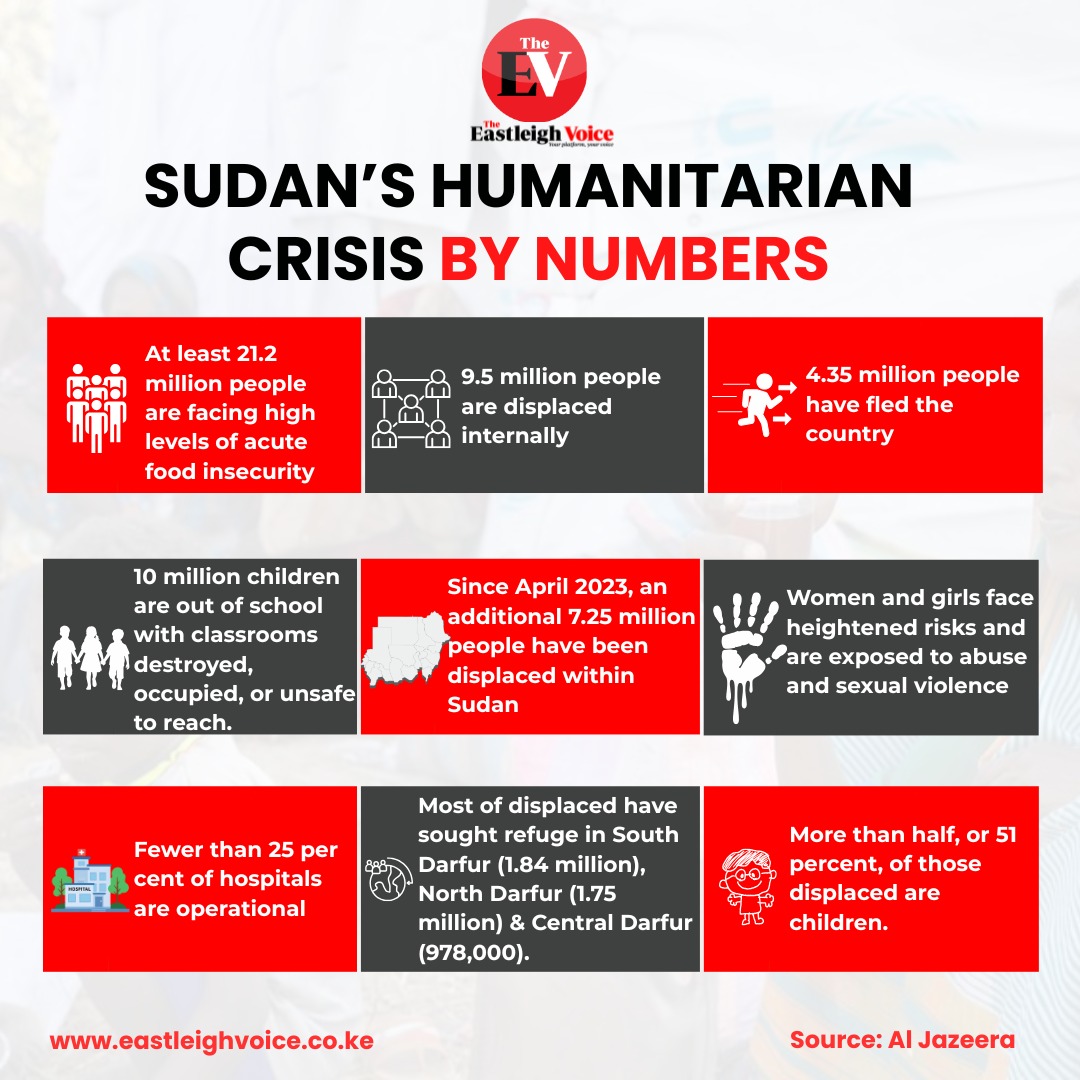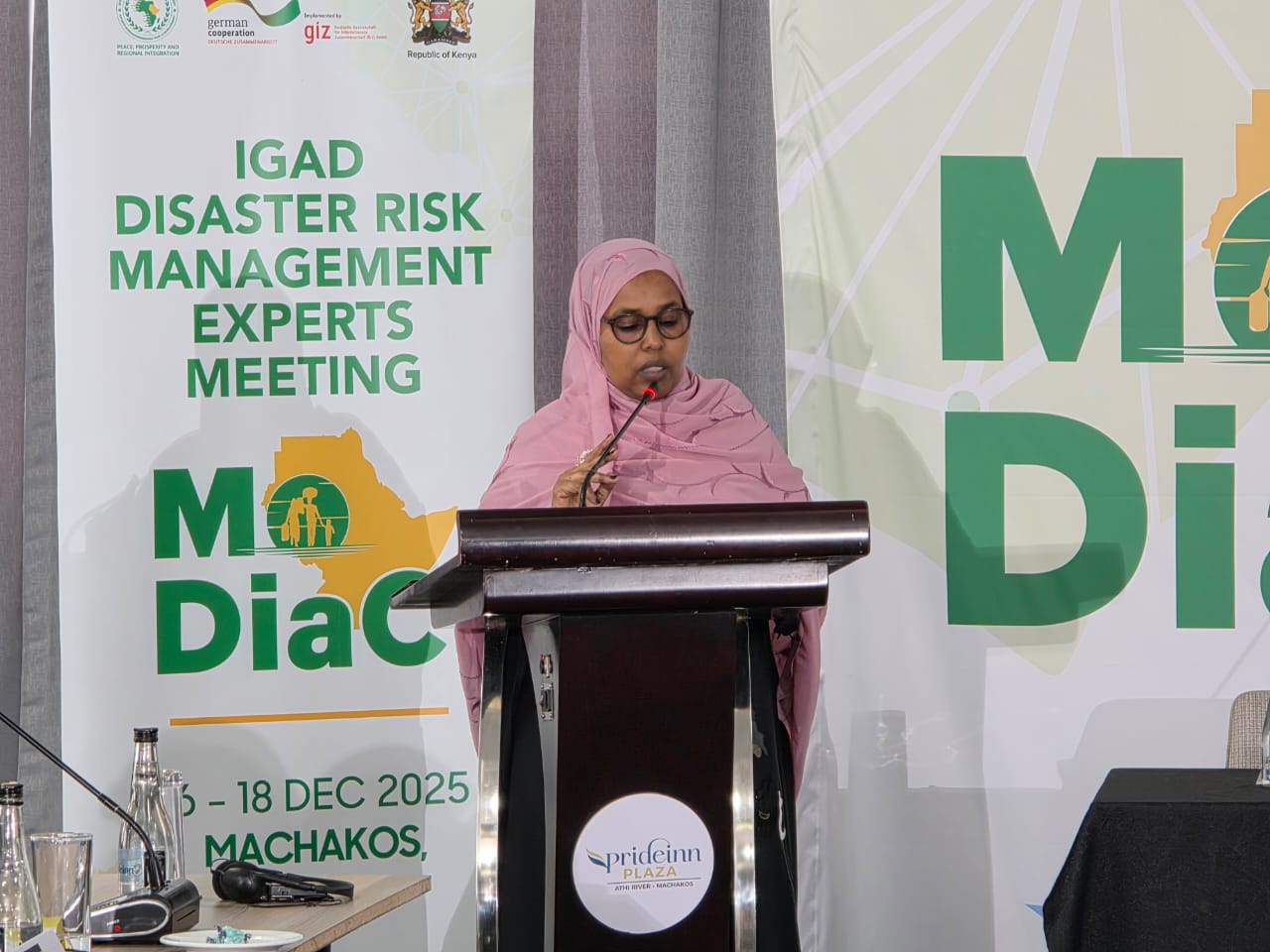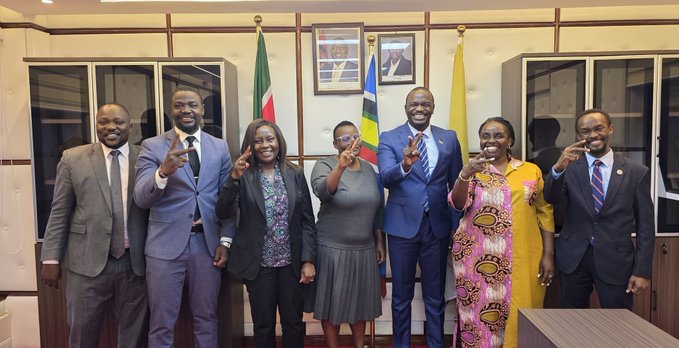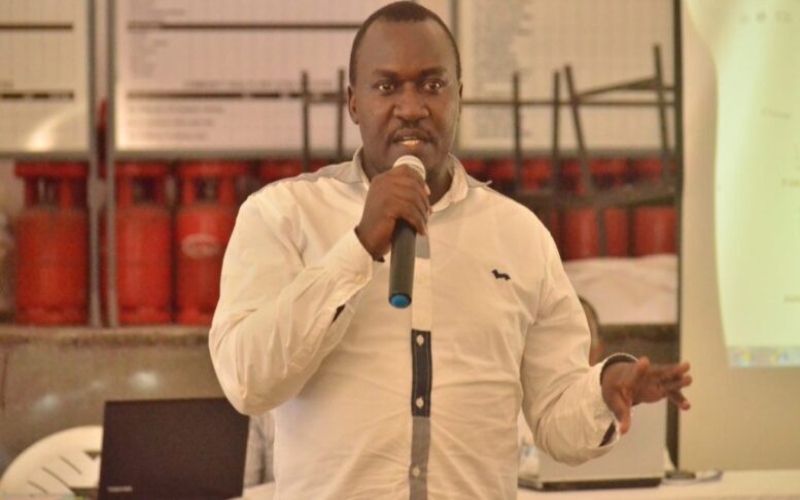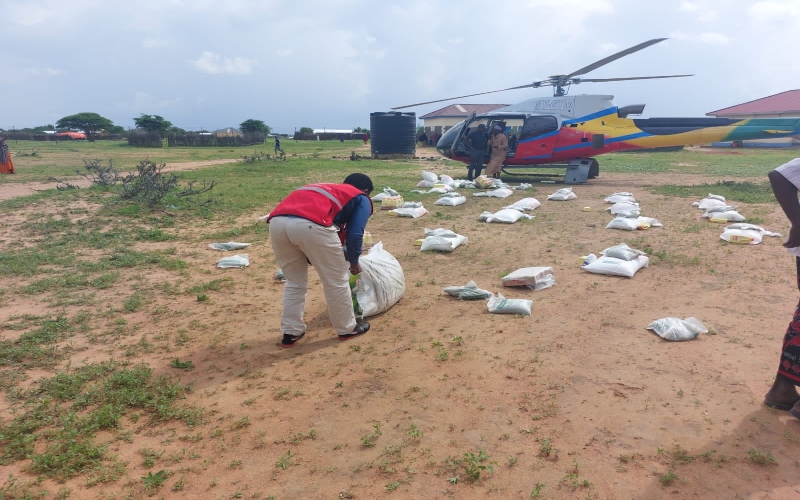Somalia to launch high-security biometric passport in major ID system overhaul
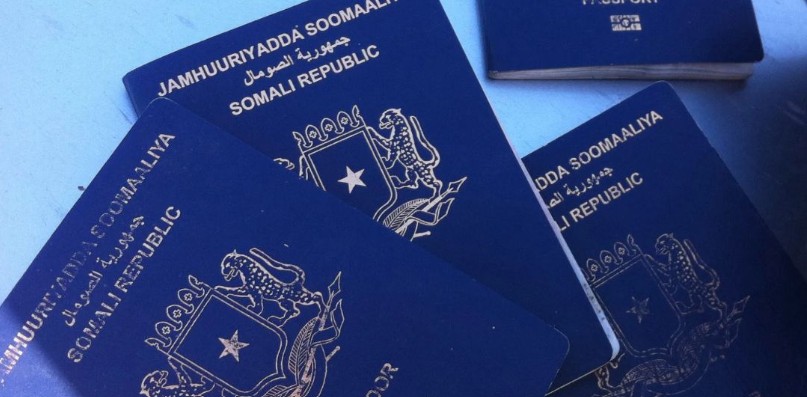
The new passport will be polycarbonate-based and embedded with biometric and anti-forgery features that meet the specifications of the International Civil Aviation Organisation.
Somalia’s Immigration and Citizenship Agency (ICA) has begun the process of launching a third-generation passport, part of a wider effort to modernise the country’s identity systems, enhance security, and align travel documents with international standards.
The new passport will be polycarbonate-based and embedded with biometric and anti-forgery features that meet the specifications of the International Civil Aviation Organisation (ICAO).
A global tender for the production and supply of the new e-passport is now open to qualified firms with experience in biometric identity technologies.
According to the ICA, the procurement process follows Somalia’s public procurement laws and includes mechanisms for transparency and public oversight. Officials expect the tender to be implemented under a Public-Private Partnership (PPP) model to ensure accountability and efficiency.
The initiative is being led by Mustafa Sheikh Ali Duhulow, the ICA’s director-general.
In its mid-2025 performance report, the agency noted that it has already introduced ICAO-compliant polycarbonate passports and had temporarily suspended services that allowed modification or cancellation of passport data.
The suspension, which ran from January 1 to March 31, 2025, aimed to review internal procedures and strengthen technical safeguards to protect the integrity of Somalia’s travel documents.
Boost international confidence
The move, officials said, was designed to boost international confidence in Somali passports and reduce risks of fraud.
As part of the reforms, starting September 1, 2025, all Somali citizens applying for passports must present a valid national digital ID card.
Beginning January 1, 2026, the same ID will also be mandatory for domestic travel. The measure is expected to enhance data sharing between the ICA and the National Identification and Registration Authority (NIRA), thereby strengthening identity verification and document security.
A range of administrative and digital upgrades supports the reforms. The ICA has revised its standard operating procedures to reduce passport processing times, improved enrolment centre operations, and entered into new data-sharing agreements with INTERPOL and other international agencies.
In its performance report, the ICA described these changes as part of “a foundation of a future-ready institution that upholds dignity, security, and public trust.” The report highlighted the introduction of the third-generation passport, suspension of certain modification services, and broader reforms as key milestones in the first half of 2025.
More durable
Officials say the new passport will be more durable, harder to forge, and more widely accepted by foreign border authorities.
They believe it will help Somali citizens travel more easily, streamline verification procedures, and signal Somalia’s commitment to global security and identification norms.
“The new passport will elevate the reputation and credibility of Somali citizens globally,” the ICA said in its report.
The agency added that it will conduct wide-ranging consultations with citizens, institutions, and civil society groups to ensure the document reflects the needs and identity of the Somali people.
Officials also emphasise that linking national ID requirements to passport applications and domestic travel will help reduce fraud, build trust, and align Somalia with global best practices, where national digital IDs serve as the cornerstone of identity verification and access to services.
If fully implemented, the reforms will represent a major transformation in Somalia’s immigration and identity systems, affecting citizens both within the country and abroad. Somalis living overseas will also be required to present national IDs when applying for passports — a move expected to enhance international recognition of Somali documents.
The ICA has reiterated that the tender process will be transparent, competitive, and fully compliant with the law. The agency has invited eligible companies to bid and pledged strong oversight throughout the evaluation and procurement stages. Officials point to ongoing institutional restructuring and performance reforms as key to ensuring the project’s success.
Top Stories Today

